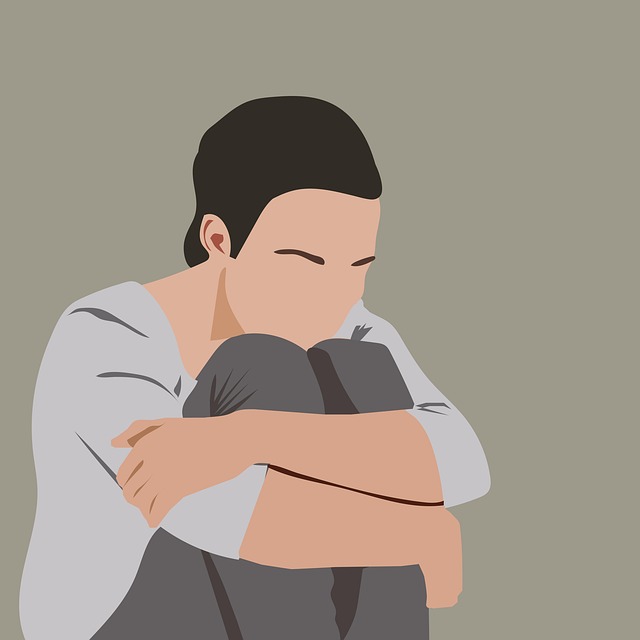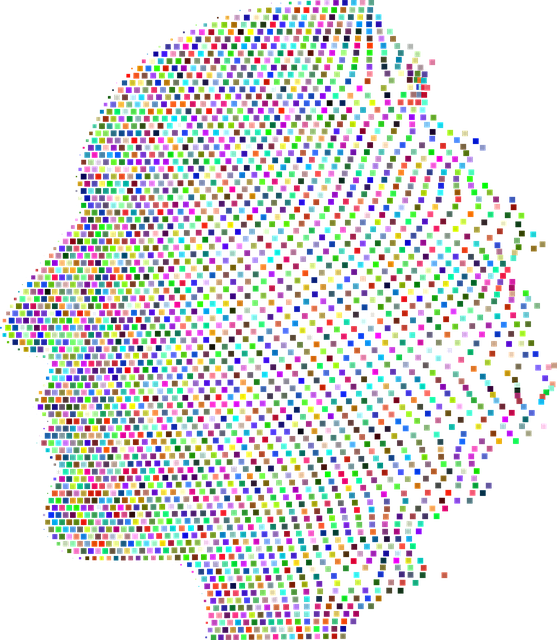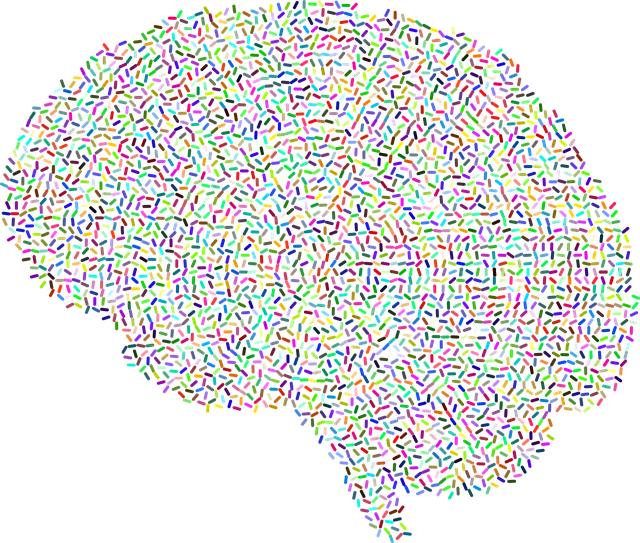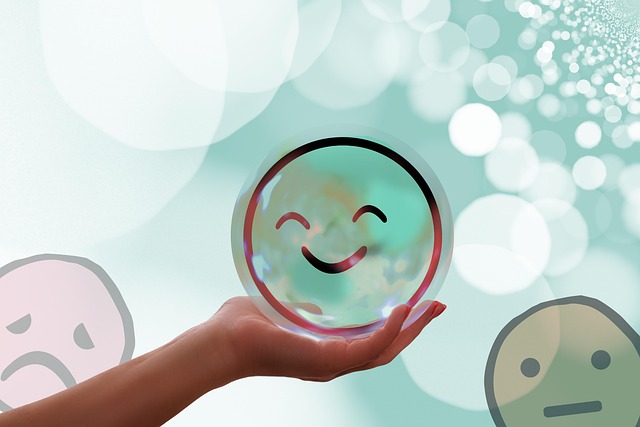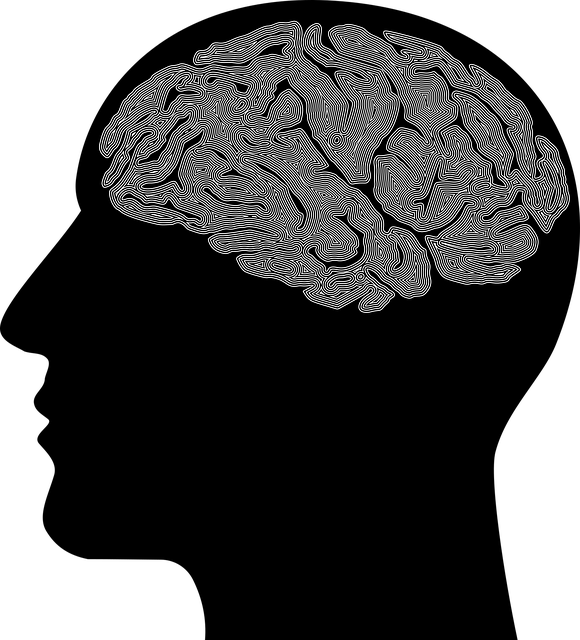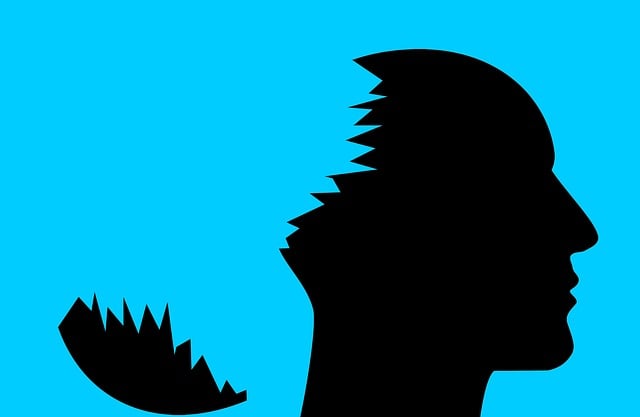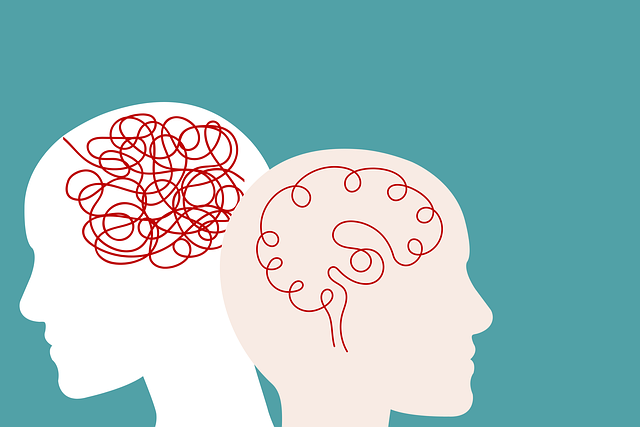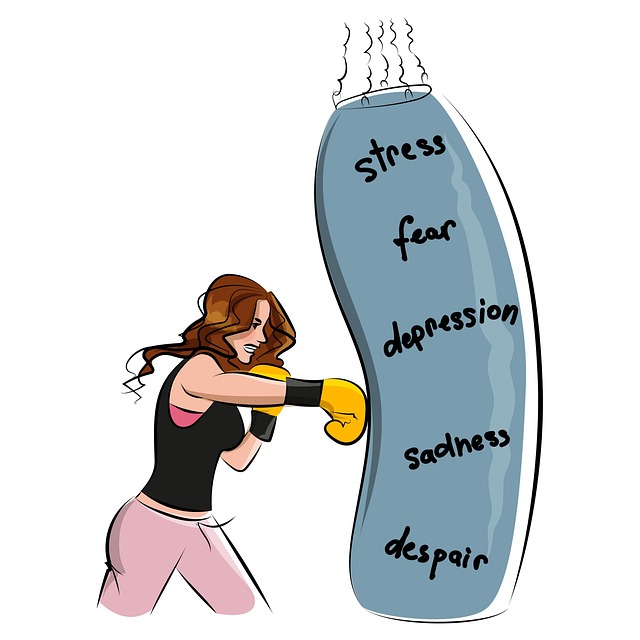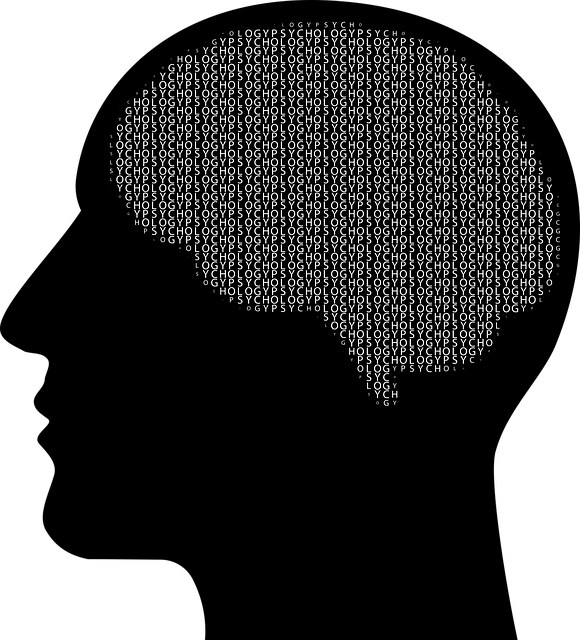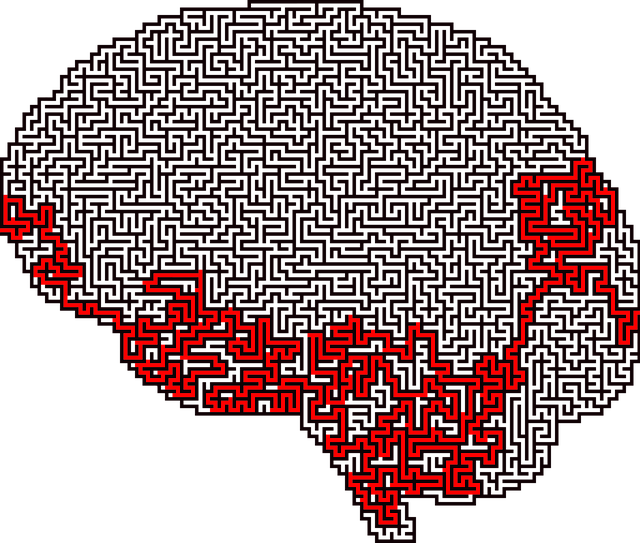Media plays a pivotal role in shaping public perception of mental illness, often perpetuating harmful stereotypes. Organizations like Lafayette Blended Families Therapy advocate for accurate representation through media education programs, burnout prevention strategies, and empathy-building initiatives. By integrating mental health expertise into content creation, media can foster understanding, reduce stigma, and encourage help-seeking behaviors among diverse audiences, including those in blended families. Lafayette Blended Families Therapy offers specialized support for complex family dynamics, emphasizing communication, self-esteem, and mood management to create a more harmonious home environment. Through media literacy and compassionate storytelling, society can challenge negative stereotypes and promote accessible mental health resources.
In today’s media landscape, accurate representation of mental illness is crucial for challenging stereotypes and fostering understanding. This article delves into the complex issue of mental health portrayal in media, highlighting the profound impact of stereotypes and misconceptions. We introduce an innovative solution, Lafayette Blended Families Therapy, offering a nuanced approach to depicting diverse families and their struggles. Furthermore, we explore strategies for creating empathetic content and emphasize the role of media literacy in driving positive change.
- Understanding Mental Illness Representation in Media
- The Impact of Stereotypes and Misconceptions
- Lafayette Blended Families Therapy: A Novel Approach
- Strategies for Accurate and Empathetic Portrayal
- Fostering Positive Change Through Media Literacy
Understanding Mental Illness Representation in Media

Media plays a pivotal role in shaping public perception and understanding of mental illness. However, its representation often falls short, perpetuating stereotypes and misconceptions. This is particularly relevant for diverse communities like Lafayette Blended Families Therapy, where individuals face unique challenges and require tailored support. Accurate depiction of mental health struggles can foster empathy, reduce stigma, and encourage those in need to seek help.
Understanding mental illness involves more than just showing symptoms; it requires nuanced storytelling that reflects the complexity of human experience. Integrating Mental Health Education Programs Design into media production can ensure accurate portrayal. Additionally, Burnout Prevention Strategies for Healthcare Providers can help media creators and influencers present reliable information without exacerbating existing issues. Empathy Building Strategies, when implemented effectively, can profoundly impact audiences, encouraging them to embrace mental health discussions with openness and support.
The Impact of Stereotypes and Misconceptions

The media’s portrayal of mental illness often perpetuates stereotypes and misconceptions, which can have a profound impact on society’s understanding of these conditions. When mental health struggles are depicted in a simplistic or sensationalized manner, it risks reducing complex issues to mere clichés, further stigmatizing individuals already facing challenges. For instance, portraying anxiety as something solely triggered by fear or depression as a temporary phase can be harmful, especially for those navigating more severe or chronic forms of these disorders.
These stereotypes can influence public perception and impact the way people, particularly those from diverse backgrounds like blended families, seek support. Lafayette Blended Families Therapy highlights the importance of challenging such narratives in media. By promoting accurate representation, they contribute to fostering a culture of Mental Health Awareness, where individuals feel understood and encouraged to access Trauma Support Services. Mindfulness Meditation is another tool that can help dismantle these stereotypes by showcasing the positive impact it has on mental well-being, offering a more nuanced view of recovery and resilience.
Lafayette Blended Families Therapy: A Novel Approach

Lafayette Blended Families Therapy offers a fresh perspective on addressing mental health concerns within complex family structures. This innovative approach recognizes that modern families often comprise blended or step-parents, biological children, and sometimes previous partners’ children from different relationships. The therapy program is designed to navigate these intricate dynamics and provide tailored support for each member.
By focusing on Lafayette Blended Families Therapy, this method facilitates improved communication strategies, enhances self-esteem across generations, and teaches effective mood management techniques. It encourages open dialogue between step-parents, fostering an environment where everyone feels heard and respected. This holistic strategy not only strengthens family bonds but also equips each individual with the tools to cope with emotional challenges, ensuring a more harmonious home life.
Strategies for Accurate and Empathetic Portrayal

In representing mental illness in media, accuracy and empathy are paramount. Portrayals should reflect the diverse experiences of individuals living with various conditions, avoiding simplistic or sensationalized narratives that can perpetuate stereotypes. This involves consulting with experts like therapists from Lafayette Blended Families Therapy to ensure authenticity. Sensitively handling symptoms, treatment approaches, and personal struggles fosters a deeper understanding among audiences, promoting less stigma and more empathy.
Furthermore, media can facilitate conversations about mental health by showcasing recovery journeys, emphasizing the importance of Emotional Healing Processes, Stress Reduction Methods, and Social Skills Training. By presenting balanced narratives that include challenges and triumphs, media has the power to normalize discussions around mental illness and encourage viewers to seek support when needed.
Fostering Positive Change Through Media Literacy

Media plays a significant role in shaping societal perceptions about mental health. By fostering media literacy among both creators and consumers, we can challenge negative stereotypes associated with mental illness prevalent in various forms of media. Encouraging critical thinking enables individuals to recognize biased representations and promote more authentic, nuanced portrayals. This shift is crucial for creating an environment that supports those struggling with their mental well-being.
Lafayette Blended Families Therapy advocates for this positive change by emphasizing the importance of compassion cultivation practices and healthcare provider cultural competency training. By educating both the public and professionals on mental health topics, we can contribute to burnout prevention. This collective effort ensures that media becomes a powerful tool not only for entertainment but also for raising awareness, cultivating empathy, and providing accessible resources for those seeking help.
In addressing mental illness representation in media, it’s clear that a shift towards accurate, empathetic portrayals is imperative. By challenging stereotypes and misconceptions through initiatives like Lafayette Blended Families Therapy, we can foster a more understanding society. Implementing strategies for responsible media creation and promoting media literacy are crucial steps in this process. Ultimately, these efforts enable positive change, encouraging compassion and support for individuals navigating mental health challenges.
